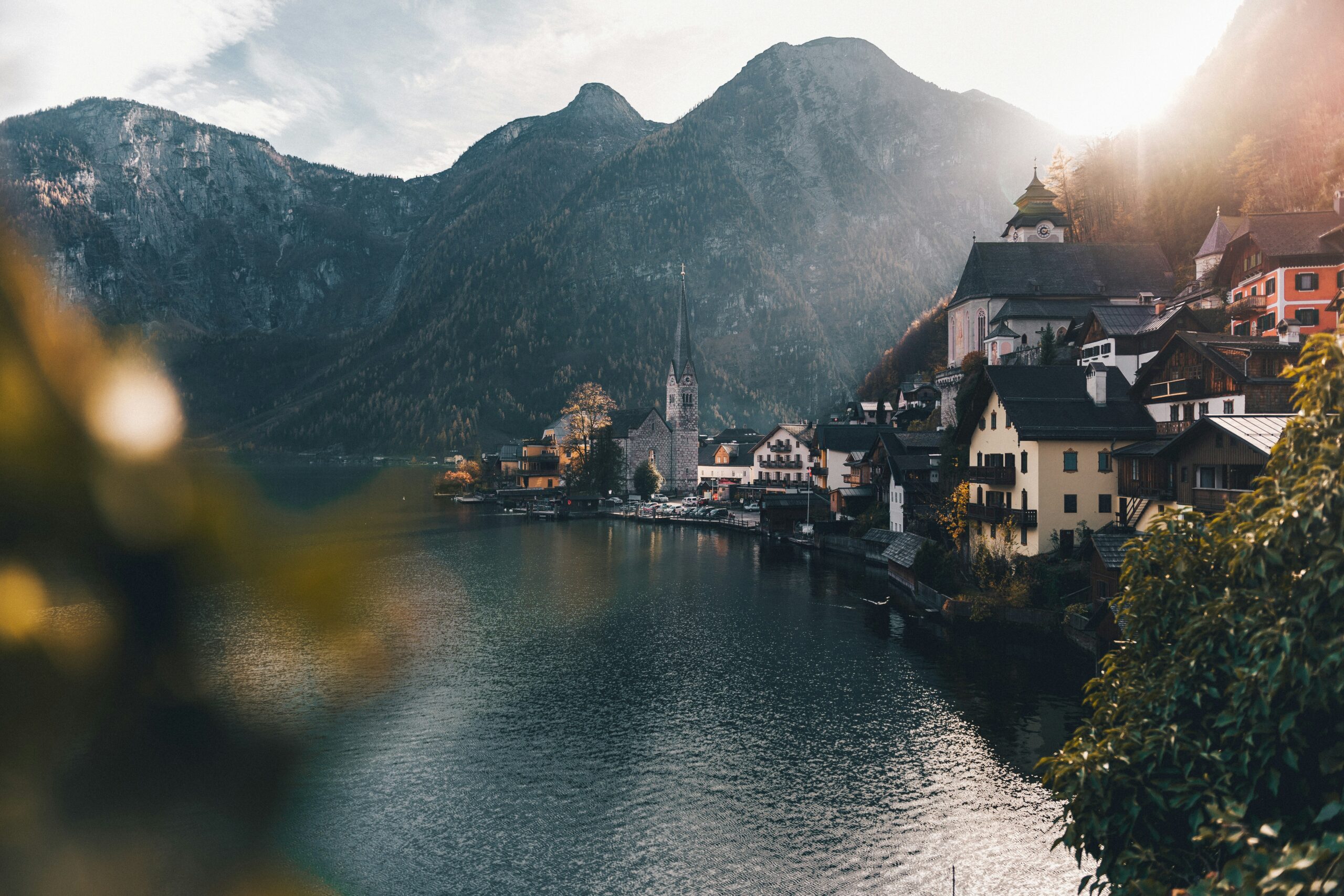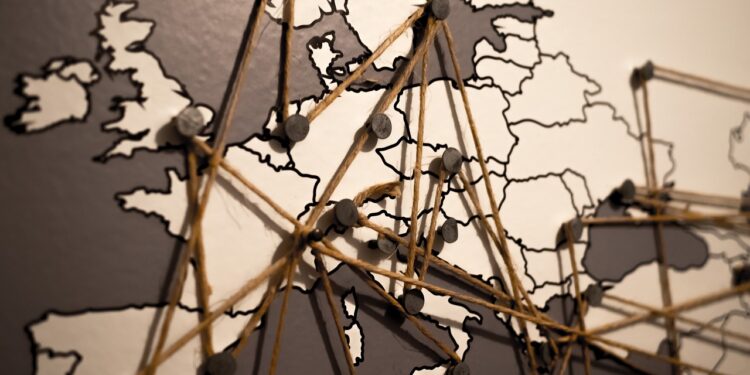Central Europe has been hit hard by yet another disaster. This time, a deadly low-pressure system, dubbed Boris, has unleashed torrential rains across the region, turning lives upside down. With one person drowned in southwestern Poland, a rescue worker tragically killed in Austria, and thousands of people evacuated in the Czech Republic, Boris is not just a name, it’s a nightmare. As the relentless downpours continue, it’s safe to say that the region is in trouble, and it’s only going to get worse.
This is some of the worst flooding in decades. We’re talking about rivers bursting their banks from Poland to Romania, leaving entire communities underwater. In fact, the death toll in Romania alone has already hit five, and guess what? There’s no sign of relief. Heavy rain and strong winds are forecast to continue well into Monday.

A Disaster Three Decades in the Making
Some parts of the Czech Republic and Poland are seeing flooding on a scale not witnessed in nearly 30 years. Towns have been forced to evacuate thousands of residents, and to make matters worse, a quarter of a million Czech homes are without power. That’s right, no electricity, no heating, and no way to charge your phone to scroll through news updates.
In Austria, the situation took a tragic turn when a firefighter lost his life while battling the floods in Lower Austria. Vice Chancellor Werner Kogler didn’t mince words as he declared the province surrounding Vienna a disaster area. Yes, a full-blown disaster. It’s not just rain, it’s an all-out war against nature, and for the moment, nature is winning.

Bridges Collapsing, Homes Swept Away—What Next?
Over in Poland, the historic town of Glucholazy near the Czech border saw a bridge collapse, and according to local media, a house was swept away in the mountain town of Stronie Slaskie after a dam burst. Polish authorities are scrambling to contain the damage, but it seems like every effort to protect towns and infrastructure is failing miserably.
And here’s a fun fact, more rain is coming. Residents in flooded areas are bracing for the worst. As 84-year-old Czech resident Ferdinand Gampl aptly put it, “It will probably get worse.” That’s putting it mildly. Water from the Jizera Mountains is expected to arrive in his village within hours, adding to the devastation. But hey, when it rains, it pours, right?

Lives Swept Away—Literally
The floods have been so bad that the Czech police are now searching for three people whose car plunged into the river Staric on Saturday. People are literally being swept away by floodwaters. The area around Lipova-lazne, about 146 miles east of Prague, has seen a staggering 500 mm (nearly 20 inches) of rain since Wednesday. Floodwaters are gushing through towns like Lipova-lazne and neighbouring Jesenik, leaving destruction in their wake.
“We don’t know what will be next,” said Mirek Burianek, a resident of Jesenik. Oh, and by the way, the internet is down, and phones aren’t working. It’s like living in the apocalypse. His neighbour, Pavel Bily, isn’t faring much better. “My house is under water, and I don’t know if I will even return to it,” he told reporters.
Fire services and police have resorted to using helicopters to evacuate those stranded, and at least 10,000 people have been forced to flee their homes. That’s not just a statistic; those are families, children, and elderly people who have had their lives turned upside down in a matter of days.

Poland Isn’t Safe Either
Meanwhile, just across the border in Poland, things are equally dire. One person has died in Klodzko county, which Prime Minister Donald Tusk has labelled as the worst-hit area. The town of Klodzko is partially underwater, as local rivers have surpassed record levels last seen during the infamous floods of 1997, which killed 56 people. So, are we seeing history repeat itself?
Officials in nearby Glucholazy were forced to order evacuations early on Sunday, but despite their best efforts, a bridge collapse couldn’t be avoided. The infrastructure is failing, and the people are suffering.

Hungary Braces for the Worst
If you think Hungary is escaping this disaster, think again. In Budapest, officials are forecasting that the Danube River could rise to more than 8.5 meters (27.9 feet) later this week, just shy of the record 8.91 meters (29.2 feet) set back in 2013. Budapest’s mayor, Gergely Karacsony, isn’t taking any chances, declaring that the city is preparing for “one of the biggest floods of the past years.” If Boris has his way, it might be the biggest flood ever.
Europe is drowning, both literally and figuratively. Boris, a seemingly innocent name, has become synonymous with destruction. And as the floodwaters rise, so too does the realization that this disaster is far from over.

















